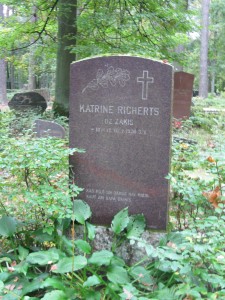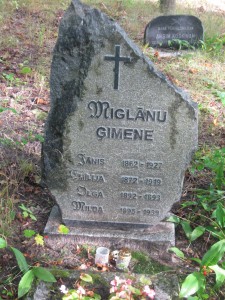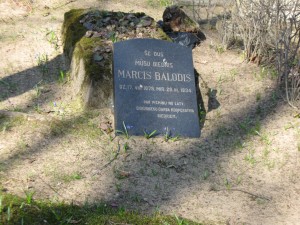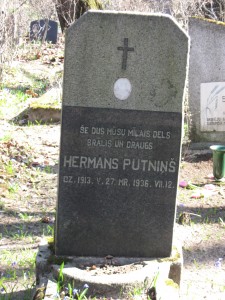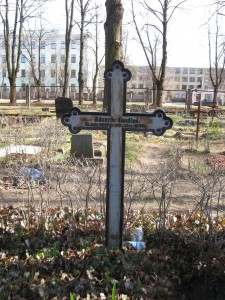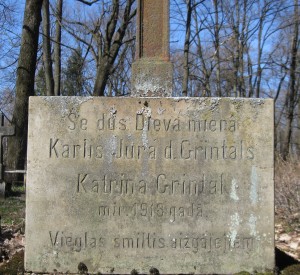Note: If you are following this series closely, please go and read the ninth installment first, which I had forgotten to schedule for September 22nd. It is up now though, so go there before reading this one!
Tenth installment from the diary of my great-grandfather’s sister Alise, written during the First World War. When the diary starts, she is living just a few miles from the front lines of the Eastern Front, and is then forced to flee with her husband and two young daughters to her family’s house near Limbaži as the war moves even closer. For the background, see here.
October 4
Today is Sunday, it is lunch time, and I am preparing dinner for father and the children – are there devils about, looking to take our home?
Refugees are still coming. The sorrows and heartfelt pain are undescribable. Unhappy people, who were born in this era. Also our dear sweethearts – TrÅ«tiņa especially will be affected by this her whole life. She was used to all sorts of comforts, and now has to throw them out of her memory. A knowledgable poem has started to appear in VÄ“stnesis [name of a newspaper] – “Along the shadowed forest path, through Vidzeme’s spruce groves, I wander and my mind wanders to my Kurzeme. Where in other times fields blossomed, across the vast counties. War terrors pass through, with ferocious battles, where grey legendary castles give memories of our ancestors, there cannons fire, sounds ring out and walls fall. Where the people of God’s land live in beautiful fields. Devils are now everywhere, taking these homes. My heart is so full of sorrows, and I sigh terribly. We hear from afar, the sharp sounds in the morning (?). By the great shores of the Daugava, for the benefit of the enemy (?). A maelstrom of fire swirls, destroying the battlements of the citadel. The sun flees with gold wings, the saviour of refugees. In the outdoors of Kurzeme and Vidzeme, the tears dried. Dear mother Daugava, save us from the enemy. Far in the depths, he will not rise in health. And the people with spears in their hands, stand as guards there. Destroy this enemy, chop, hack, and stab.
To war! To war!
The Imanta battalion!
The Latvian people by the Daugava
Under the flag of freedom

